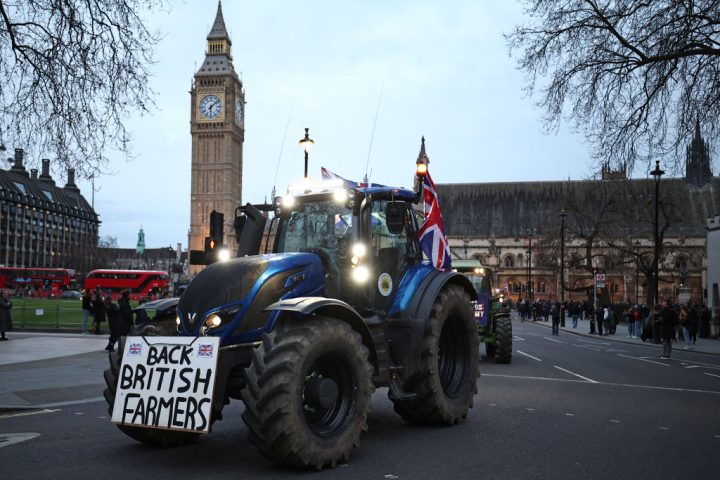As you tuck into a leg of roast lamb this Bank Holiday weekend, consider how religious festivals are a boon for British farmers. The agricultural sector may be struggling overall, but lamb prices have just hit a record high, up £2 per kilo since the start of the year. Simple supply and demand.
Already a subscriber? Log in
Subscribe for just $2 a week
Try a month of The Spectator Australia absolutely free and without commitment. Not only that but – if you choose to continue – you’ll pay just $2 a week for your first year.
- Unlimited access to spectator.com.au and app
- The weekly edition on the Spectator Australia app
- Spectator podcasts and newsletters
- Full access to spectator.co.uk
Or




















Comments
Don't miss out
Join the conversation with other Spectator Australia readers. Subscribe to leave a comment.
SUBSCRIBEAlready a subscriber? Log in